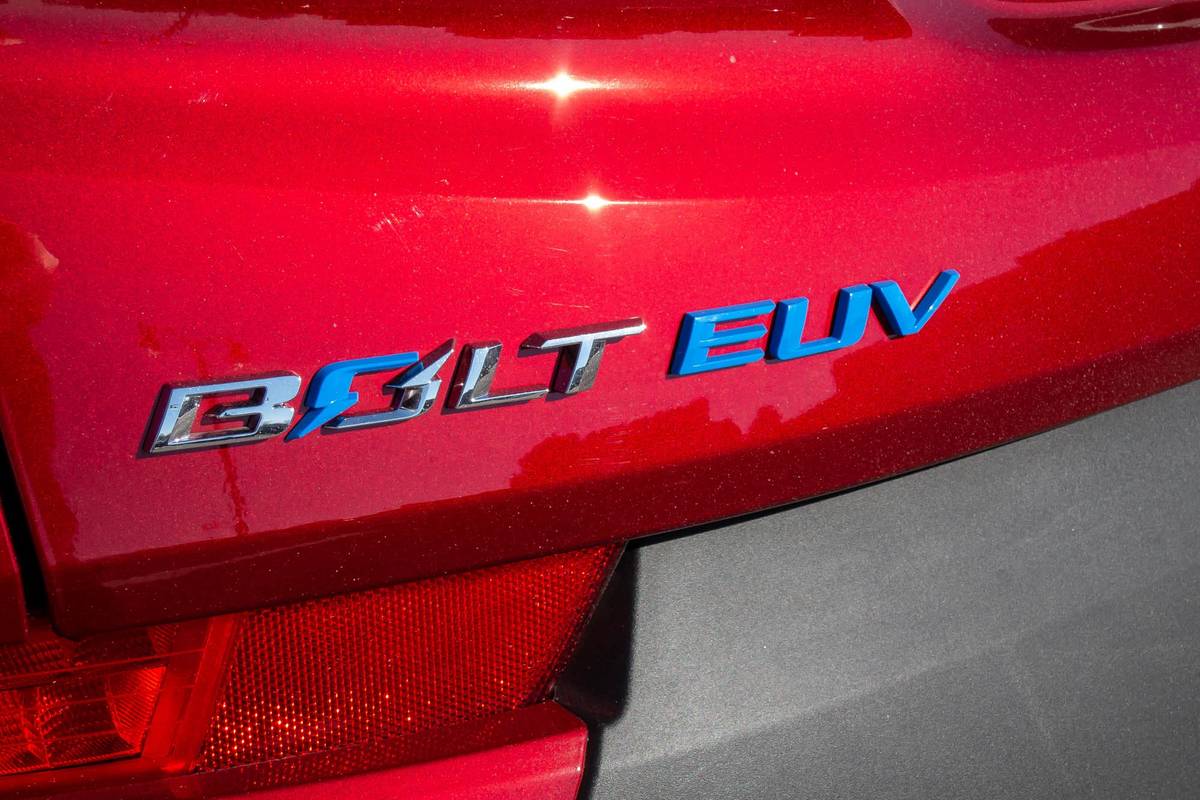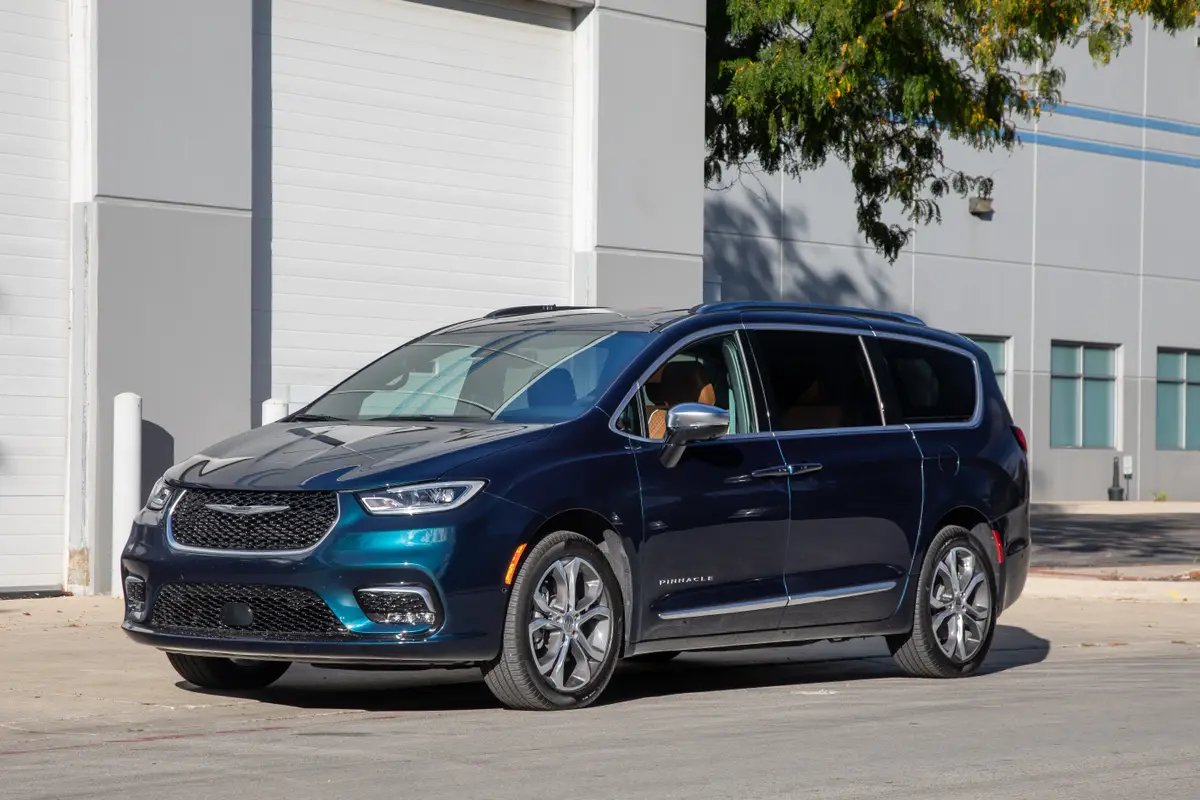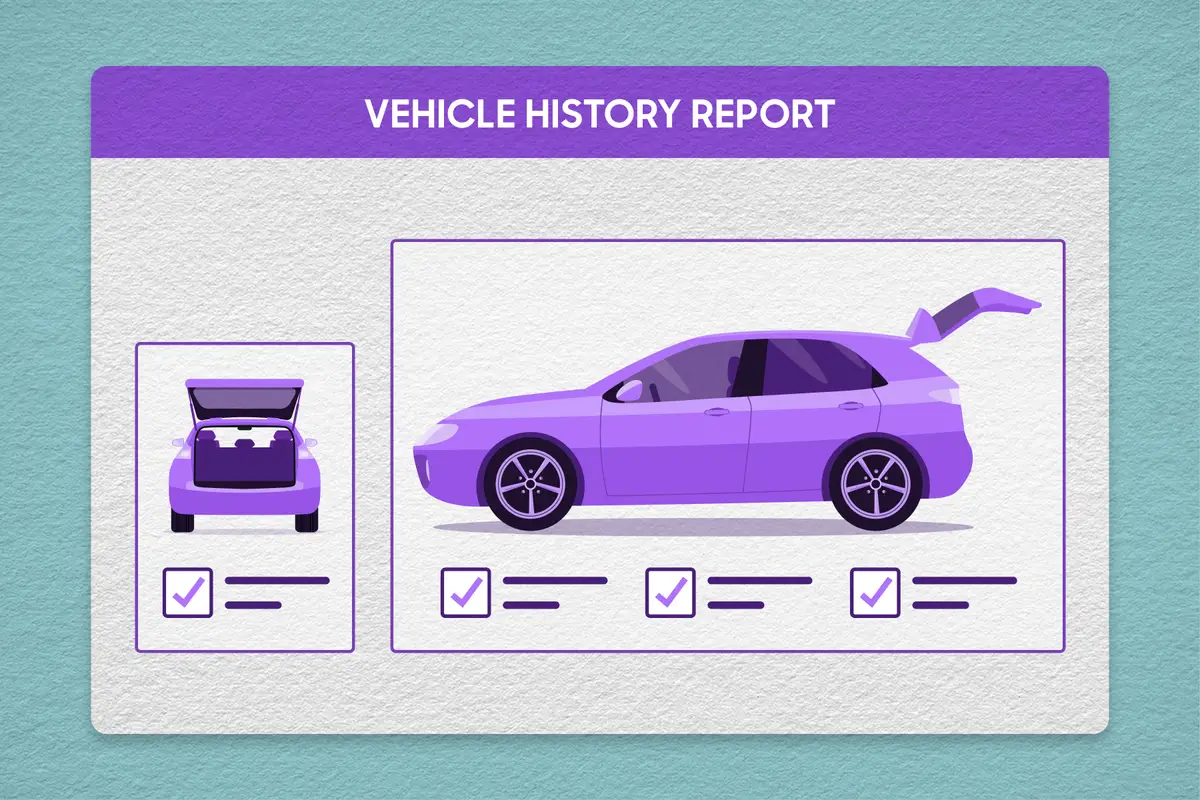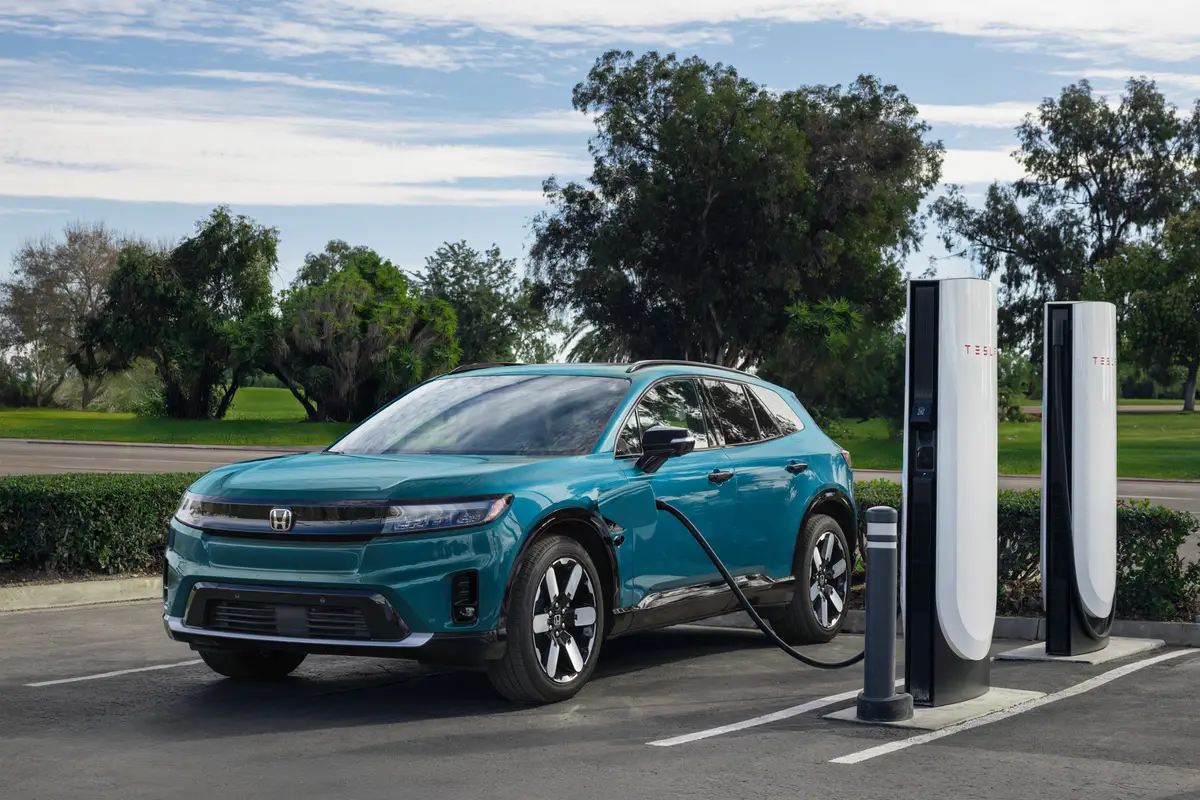GM Announces Fix for Chevrolet Bolt EV Battery Problems


The Chevrolet Bolt EV hatchback and new-for-2022 Bolt EUV have been on the hot seat due to serious recalls involving defective battery cells that pose a fire risk. While owners waited for a battery fix, the automaker recommended parking the vehicles outside to minimize damage in the event of a fire. Today, General Motors issued an update on the fix, starting with the production of new battery modules.
Related: Chevrolet Bolt Battery Fire Recall Expands to Remaining 2019 EVs, 2020-22 EVs and EUVs
What’s the Bolt EV/EUV Battery Fix?
The reason for the ongoing recall has to do with two manufacturing defects in some battery cells (the smallest component of a battery pack) where a torn anode tab and folded separator can lead to fires. According to GM, LG’s new manufacturing processes and enhanced quality assurance programs should make for better batteries.
GM announced that LG battery plants in Holland and Hazel Park, Michigan, have resumed production. LG also is adding capacity to provide more units to GM; the automaker expects replacement battery modules (a structural subset of a battery pack formed of battery cells) to begin shipping to dealers as soon as mid-October.
When Will the New Battery Modules Be Ready?
GM established a notification process to inform affected customers when their replacement modules will be available. The recalls affect Bolt EVs and EUVs, starting with model-year 2017 and going all the way to the current model-year 2022 versions. The new batteries will include an extended 8-year/100,000-mile limited warranty.
The automaker is also launching new diagnostic software designed to monitor and detect battery abnormalities in the Bolt EV and EUV. If detected, GM said it can then alert the owner and prioritize damaged battery modules for replacement. The system requires dealer installation, and owners should be able to schedule it in approximately 60 days.
What’s Next?
In the meantime, GM is still advising owners to set the vehicle to a 90% charge limit by using the Target Charge Level mode or visiting a dealer for assistance. GM also recommends charging the vehicle more frequently, avoiding depleting the battery below 70 miles of range, parking outside after charging and avoiding charging the vehicle indoors overnight.
Owners can keep track of the investigation’s progress by visiting Chevrolet’s dedicated site, calling 833-382-4389 or visiting NHTSA’s website to check their vehicle identification number and learn more.
GM did not say when it will restart production of brand-new versions of the electric car.
Related Video:
More From Cars.com:
- Chevrolet Recalls More Than 50,000 Bolt EVs Again for Battery Fire Risk
- Nearly 51,000 2017-19 Chevrolet Bolt EVs Recalled for Fire Risk
- More GM News
- Recall Basics: Everything You Need to Know
- My Car Is Recalled, But There’s No Fix Yet: What Do I Do?
- Find your next car
Cars.com’s Editorial department is your source for automotive news and reviews. In line with Cars.com’s long-standing ethics policy, editors and reviewers don’t accept gifts or free trips from automakers. The Editorial department is independent of Cars.com’s advertising, sales and sponsored content departments.

News Editor Jennifer Geiger joined the automotive industry in 2003, much to the delight of her Corvette-obsessed dad. Jennifer is an expert reviewer, certified car-seat technician and mom of three. She wears a lot of hats — many of them while driving a minivan.
Featured stories




